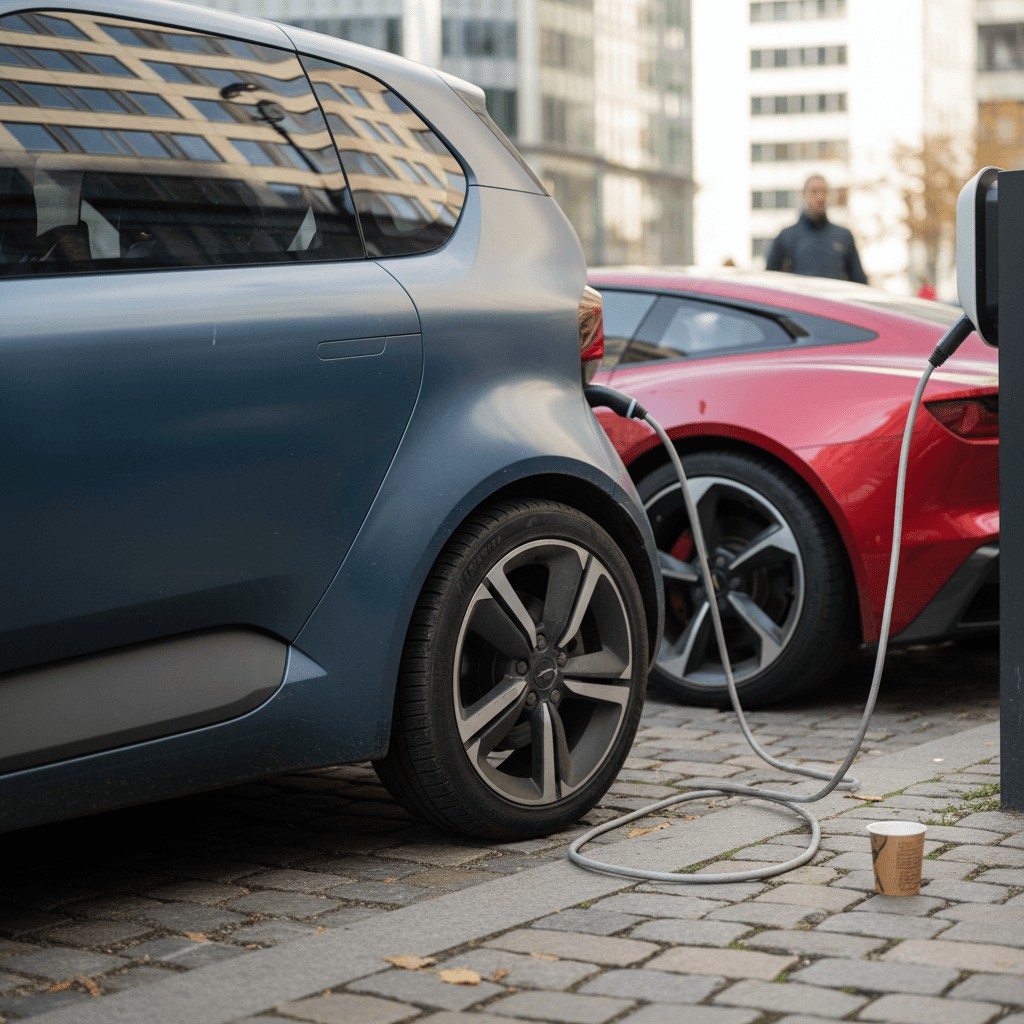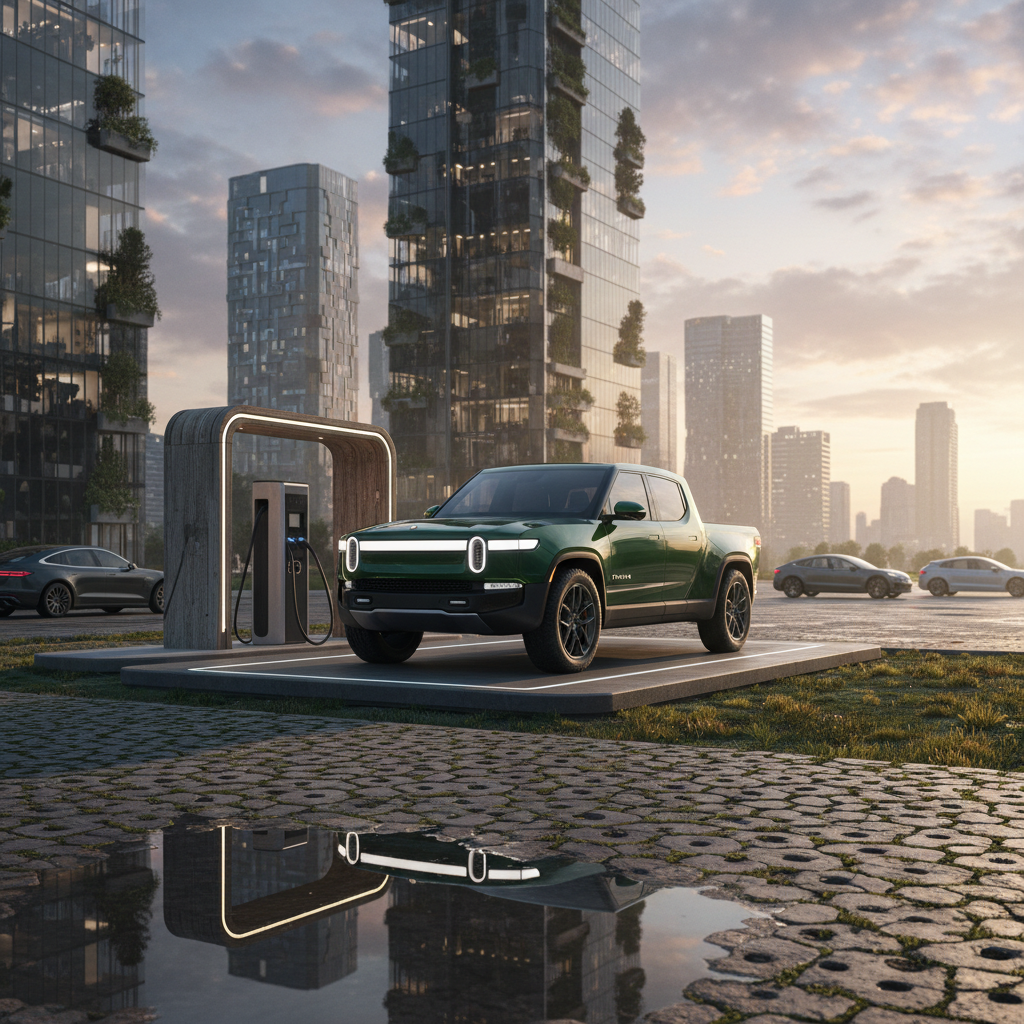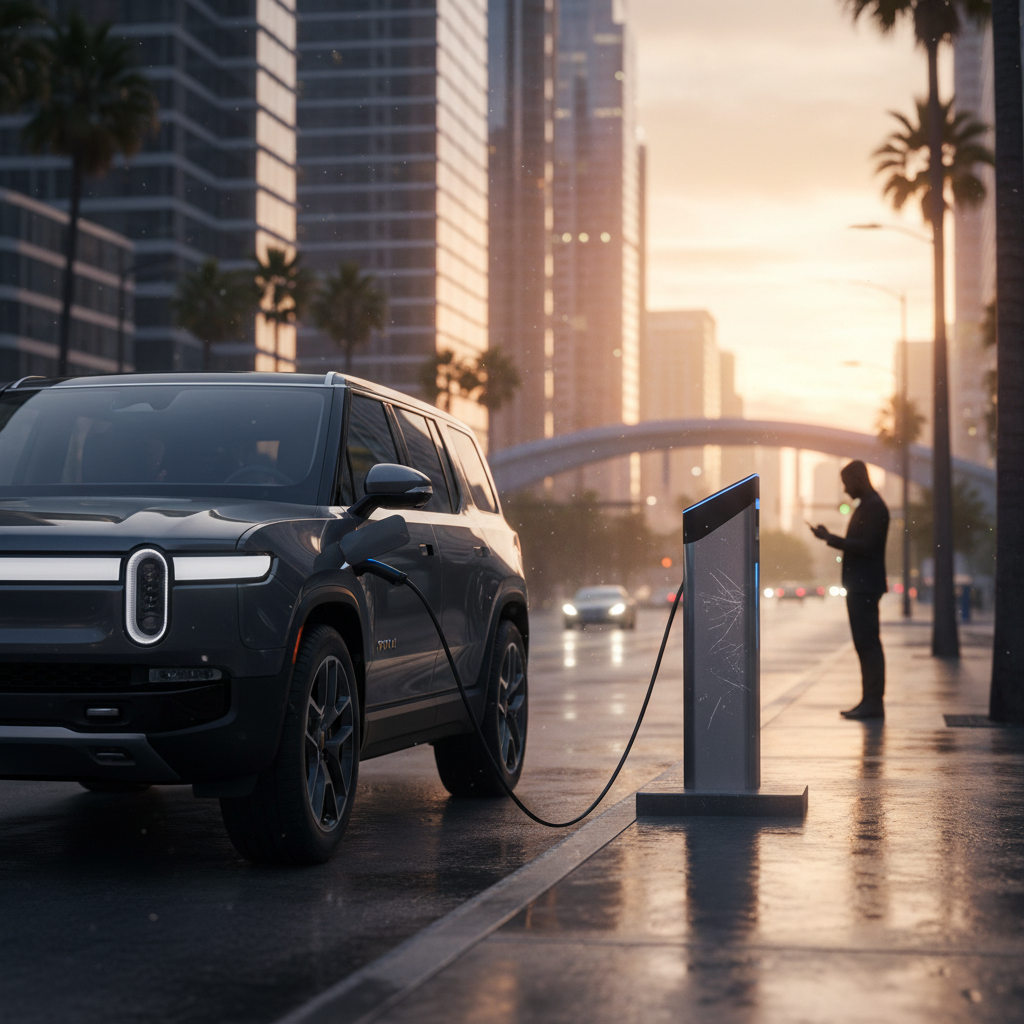If you own or are shopping for a Toyota bZ4X, it’s natural to wonder about Toyota bZ4X battery replacement cost. High‑voltage EV batteries are the most expensive component in the car, and early EV buyers learned the hard way that replacement pricing can be eye‑watering. The good news is that outright pack failures on modern Toyotas are rare, but if the worst happens, you need to know what you’re financially signing up for.
Short answer

Toyota bZ4X battery replacement cost overview
What a bZ4X battery really costs in 2025
Toyota parts catalogs in the U.S. list the bZ4X high‑voltage battery assembly (part numbers such as G9510‑42063 for AWD and G9510‑42045 for FWD) at roughly $19,500 for the part alone. That’s before any hardware, refrigerant, or miscellaneous parts your dealer may require for a clean install.
On top of the pack price, you can expect 10–20 hours of dealer labor. At typical EV‑qualified labor rates of $150–$200 per hour, that’s roughly $1,500–$3,000. Add shop fees and local taxes, and in a worst‑case, out‑of‑warranty scenario, a bZ4X owner could easily be looking at $22,000–$25,000+ for a complete pack replacement.
Sticker shock in context
How often do bZ4X batteries really need replacement?
The bZ4X uses a liquid‑cooled lithium‑ion pack designed to last the life of the vehicle under normal use. Toyota is famously conservative with battery engineering and warranties, and early data from real‑world owners hasn’t shown widespread catastrophic pack failures.
- Most bZ4X owners will never replace the full high‑voltage pack.
- The most common issues are software updates, contactor issues, or isolated module faults, not total pack death.
- True end‑of‑life battery degradation, where range is no longer practical, will usually happen after well over a decade of use in typical U.S. conditions.
Degradation vs. failure
Toyota bZ4X battery warranty coverage
For U.S. buyers, Toyota backs the bZ4X’s high‑voltage battery with an EV Component Warranty of 8 years/100,000 miles, which explicitly includes the traction battery. In CARB states, Toyota has historically offered extended coverage on hybrid batteries, and in some regions you’ll see materials referencing longer coverage for EV components, always verify against your specific warranty booklet.
- 8 years/100,000 miles EV component warranty (including the traction battery) from the original in‑service date.
- Covers defects in materials or workmanship, not abuse or collision damage.
- Normal gradual capacity loss is expected; some capacity loss must usually be documented before Toyota authorizes a pack replacement.
What this means for you
Separate from the EV component warranty, collision or flood damage is handled through insurance, not Toyota. In major incidents where the battery pack is compromised, insurers will often declare the vehicle a total loss rather than pay for a full battery replacement, precisely because the pack is so expensive.
Real-world scenarios where you’d pay for a bZ4X battery
Even with robust warranty coverage, there are situations where you could find yourself staring down a big battery bill. Thinking through these scenarios helps you decide whether replacement, repair, or just moving into a different EV makes more sense.
Common situations that trigger bZ4X battery costs
Not all of them end with a full pack replacement.
Collision damage
Flood or water intrusion
Out-of-warranty defects
Pay attention after a minor hit
Full pack replacement vs. module repair
Here’s the part most owners miss: a bZ4X battery is not a single, monolithic block from a repair perspective. It’s built from modules inside a structural case. In some situations, technicians can replace only the failed modules or other components, dramatically cutting costs compared with swapping the entire pack.
Full pack replacement vs. module-level repair
How different repair strategies affect cost and outcomes for a bZ4X battery issue.
| Repair approach | What’s replaced | Typical cost range* | Pros | Cons |
|---|---|---|---|---|
| Full pack replacement | Complete high‑voltage pack assembly | $22,000–$25,000+ | Restores pack to like‑new condition; simplest for dealer; covered in many warranty and total‑loss scenarios. | Extremely expensive out of pocket; may exceed vehicle’s market value. |
| Module-level repair | Only the failed modules and necessary hardware | $8,000–$12,000+ | Can cut costs roughly in half vs. full pack; preserves functional modules; useful when warranty/insurance won’t cover full pack. | Not always authorized or available; still costly; requires high‑skill technicians and clean-room procedures. |
| Refurbished/recycled pack (future trend) | Used or remanufactured pack from donor vehicle | Varies widely, often below full new pack pricing | Potentially much cheaper than new; good for older vehicles with limited value. | Availability is limited today; warranty may be shorter; compatibility must be carefully verified. |
Exact pricing will vary by dealer, region, and parts availability, but the relative differences are consistent.
Ask the right question at the dealer
Replace the battery or just change cars?
From an economics standpoint, spending $22,000–$25,000 out of pocket to install a new battery in a depreciated EV rarely makes sense. At that point, you’re effectively buying a massive new component in a car whose other systems, suspension, interior, electronics, are still used.
When replacement can make sense
- The repair is covered by warranty or insurance, leaving you with minimal out‑of‑pocket cost.
- The car has sentimental value or is otherwise worth more to you than to the market.
- You live in a market with very high used‑EV prices and limited supply, making it hard to replace the vehicle.
When changing cars is smarter
- Your out‑of‑pocket repair quote is within 10–20% of the vehicle’s market value.
- You were already considering a vehicle change (more range, different brand, SUV vs. sedan).
- You can move into a younger used EV with verified battery health instead of bolting a new pack into an aging bZ4X.
Where Recharged fits in
Practical ways to extend your bZ4X battery life
The cheapest battery repair is the one you never need. While you can’t control manufacturing defects or random road debris, your daily habits do matter for long‑term battery health. The bZ4X’s pack is well‑managed by software, but you can stack the odds even more in your favor.
Owner habits that protect your bZ4X battery
1. Avoid living at 100% charge
Charging to 100% for the occasional road trip is fine, but for daily use, try to keep the car in the <strong>20–80% state‑of‑charge window</strong> when possible. That’s where lithium‑ion cells are most comfortable long‑term.
2. Don’t fear DC fast charging, just be smart
Using DC fast chargers occasionally is expected. If you can, reserve the fastest sessions for trips, not every local errand, and avoid back‑to‑back fast‑charge sessions on very hot days.
3. Park in moderate temperatures
Whenever you have a choice, park in a garage or shade. Extreme heat accelerates cell aging, and while the bZ4X has thermal management, avoiding chronic 100°F+ baking helps.
4. Keep software up to date
Toyota periodically updates battery‑management and charging logic. <strong>Apply recalls and software updates</strong> promptly; they often improve charging behavior and long‑term health safeguards.
5. Fix damage promptly
If you scrape or dent the underbody near the battery tray, have it checked. Replacing a shield or bracket early is far cheaper than leaving the pack exposed to future damage.

Buying or selling a bZ4X when you’re worried about the battery
The bZ4X is still a relatively new model in the U.S. market, which means most examples are either under warranty or only recently off coverage. That’s good news for used buyers, but only if you verify how the car has been used and how healthy the pack actually is.
Smart moves for buyers and sellers
Battery transparency is your friend in the used EV market.
If you’re buying a bZ4X
- Ask for battery health documentation, not just a dashboard range estimate.
- Verify remaining EV component warranty by in‑service date and mileage.
- Check for accident or flood history that might have affected the pack.
- Consider buying from platforms like Recharged that provide an independent Recharged Score battery health report.
If you’re selling a bZ4X
- Gather service records and any warranty or recall documentation.
- Get an independent battery health check to justify your asking price.
- Be upfront about any prior damage, buyers will discover it in a Carfax or inspection anyway.
- Use Recharged’s instant offer or consignment options if you want to maximize value without haggling.

Toyota bZ4X battery replacement cost FAQs
Frequently asked questions about bZ4X battery costs
Key takeaways on bZ4X battery replacement costs
The headline numbers for Toyota bZ4X battery replacement cost are undeniably steep: think roughly $19,500 for the pack and $22,000–$25,000+ installed if you’re paying cash. But those scary figures hide an important reality: full pack replacements are rare, many big bills are handled by warranty or insurance, and module‑level repair is increasingly viable.
From an ownership‑economics perspective, the smarter move in many worst‑case scenarios is to compare repair cost to the value of simply changing vehicles. That’s exactly where a transparent used‑EV marketplace like Recharged is designed to help, by pairing you with EVs that come with verified battery health, fair pricing, financing, trade‑in options, and nationwide delivery.
If you already own a bZ4X, focus on habits that protect the battery and keep your software and recalls current. If you’re shopping, make battery health a first‑class data point, not an afterthought. When you treat the pack like the long‑term asset it is, you’ll find that the bZ4X, and EVs in general, can be far more predictable and affordable than the replacement‑cost headlines suggest.



